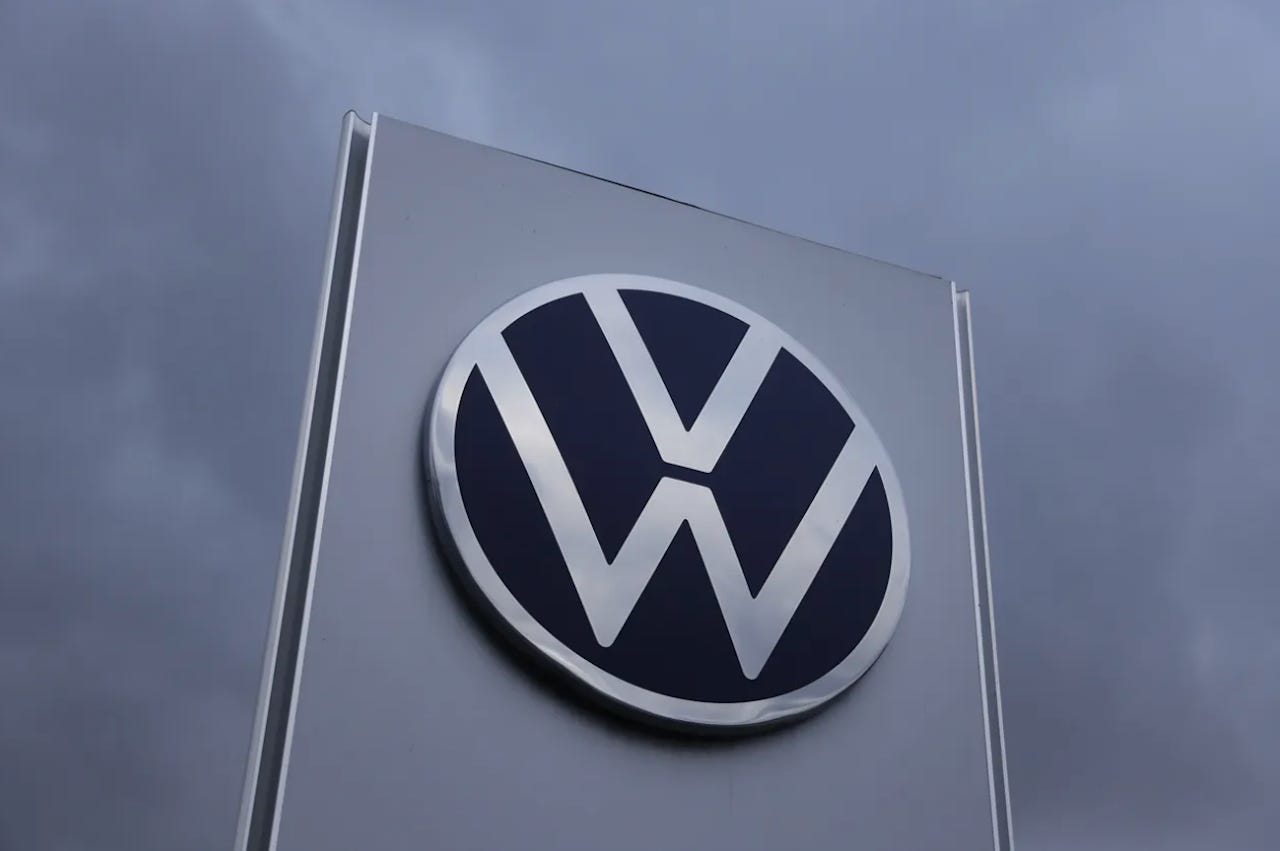Volkswagen Commits to Investing $1.17 Billion in Artificial Intelligence by 2030
In a significant move towards harnessing the power of artificial intelligence (AI), Volkswagen Group has announced its plan to invest up to $1.17 billion in AI research and development over the next five years, with a focus on accelerating vehicle development, industrial applications, and IT infrastructure.
The commitment was made by Hauke Stars, member of the board at Volkswagen Group, who emphasized the crucial role that AI will play in driving innovation and competitiveness across the entire value chain. "AI is our key to greater speed, quality, and competitiveness – across the entire value chain, from vehicle development to production," said Stars.
As part of its ambitious plan, Volkswagen aims to deploy an AI-powered engineering environment with its partner, France’s Dassault Systèmes, which will be used for virtual testing and component simulations. This move is expected to significantly reduce development cycles for new vehicles, bringing them to market faster than ever before.
Current State of AI Adoption at Volkswagen
Currently, the Volkswagen Group has 1,200 AI applications in use across various business areas, with several hundred more in development. The company’s existing AI capabilities have already delivered significant benefits, including enhanced efficiency and cost savings.
To further accelerate its AI journey, Volkswagen plans to leverage a Large Industry Model that will be based on manufacturing, process, and design data from industry partners. This model aims to utilize collective knowledge to deliver optimized workflows and more efficient logistics for all participants involved in the automotive supply chain.
Benefits of AI Investment
By investing heavily in AI research and development, Volkswagen expects to unlock significant benefits across its business operations. Some of these benefits include:
- Accelerated vehicle development: By leveraging AI-powered engineering environments, Volkswagen aims to reduce development cycles from four years to three, enabling the company to bring new vehicles to market faster.
- Improved efficiency: AI-driven automation and optimization of manufacturing processes are expected to lead to substantial cost savings and increased productivity across Volkswagen’s production facilities.
- Enhanced competitiveness: The deployment of AI will enable Volkswagen to stay ahead of competitors in terms of innovation, quality, and speed to market.
Related Developments in the Automotive Industry
The commitment by Volkswagen Group to invest heavily in AI research and development comes at a time when many other leading automotive manufacturers are also exploring the potential benefits of AI.
Some notable developments in this space include:
- Qualcomm and Harman Partnership: The two companies have teamed up to deliver more powerful AI capabilities for vehicles, focusing on areas such as voice recognition, natural language processing, and predictive analytics.
- Nvidia’s Large-Scale AI Adoption: Tech giant Nvidia is investing heavily in large-scale AI adoption across various industries, including the automotive sector.
Conclusion
As Volkswagen Group continues to invest heavily in AI research and development, it becomes increasingly clear that the company is committed to harnessing the power of artificial intelligence to drive innovation, competitiveness, and efficiency. With a focus on leveraging collective knowledge through industry models and accelerating vehicle development using AI-powered engineering environments, Volkswagen’s future looks bright.
By staying at the forefront of technological advancements, Volkswagen Group aims to solidify its position as a leader in the automotive sector while driving growth and societal impact through its AI initiatives.
Future Developments and Trends
As the automotive industry continues to evolve with emerging technologies such as electric vehicles (EVs), autonomous driving, and connected mobility, Volkswagen Group’s commitment to investing heavily in AI research and development will undoubtedly play a pivotal role in shaping the future of transportation.
Some potential areas for future growth and innovation within the industry include:
- Electrification: With many countries setting ambitious targets for reducing emissions, EVs are expected to become increasingly prominent on roads worldwide.
- Autonomous Driving: As advancements in AI enable more sophisticated autonomous driving capabilities, Volkswagen will be well-positioned to capitalize on emerging trends and opportunities.
- Connected Mobility: The integration of AI-powered features like predictive maintenance, smart traffic management, and real-time route optimization is expected to redefine the way people travel.
With its ongoing commitment to investing heavily in AI research and development, Volkswagen Group stands poised to stay ahead of the curve in addressing these emerging trends and driving growth within the automotive sector.

